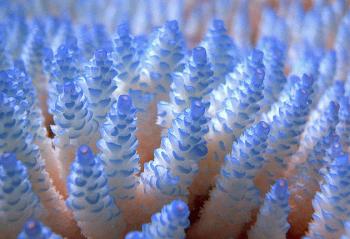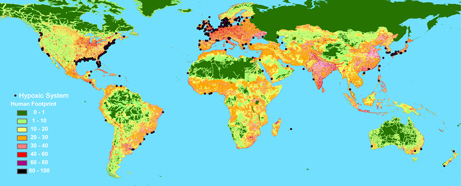ScienceDaily (Dec. 18, 2008) – A team led by International Arctic Research Center scientist Igor Semiletov has found data to suggest that the carbon pool beneath the Arctic Ocean is leaking.
The results of more than 1,000 measurements of dissolved methane in the surface water from the East Siberian Arctic Shelf this summer as part of the International Siberian Shelf Study show an increased level of methane in the area. Geophysical measurements showed methane bubbles coming out of chimneys on the seafloor.
“The concentrations of the methane were the highest ever measured in the summertime in the Arctic Ocean,” Semiletov said. “We have found methane bubble clouds above the gas-charged sediment and above the chimneys going through the sediment.”
Read moreScientists Find Increased Methane Levels In Arctic Ocean



